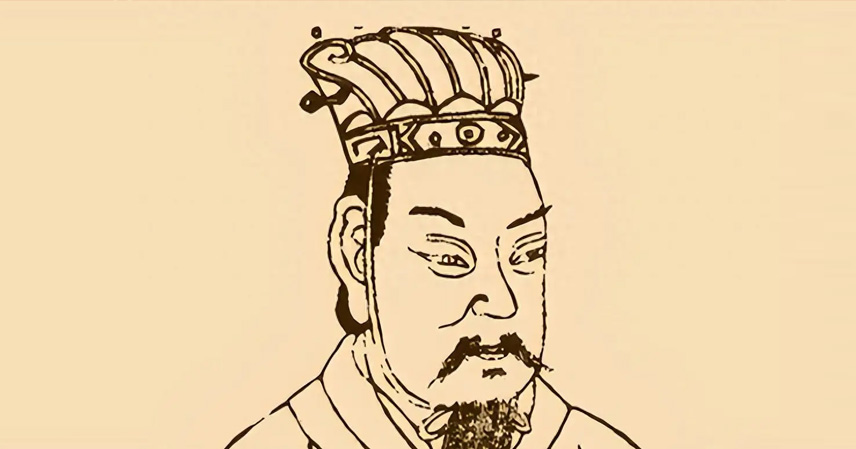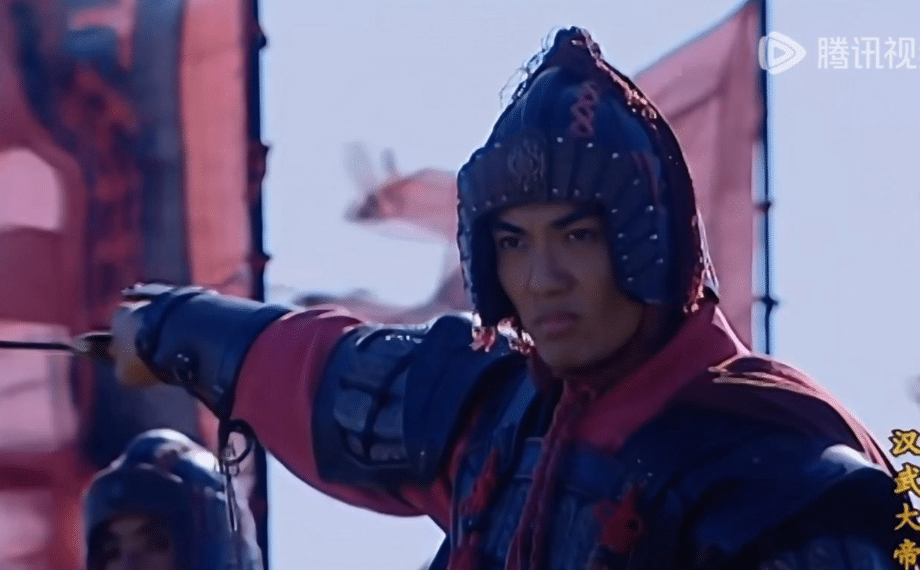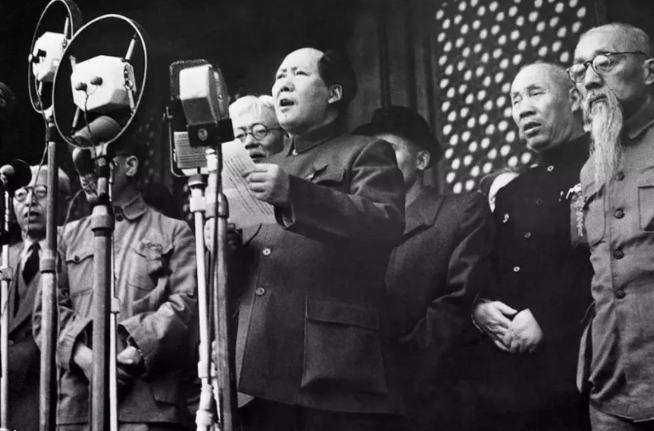The name Cao Cao resonates across generations, etched into Chinese history textbooks and epic dramas as a figure of ruthless ambition and tactical brilliance. Yet, peeling back the layers of legend reveals a more nuanced portrait: a man whose actions blur the lines between visionary leader and cunning opportunist. Was this Three Kingdoms warlord truly a selfless champion of the realm, or did his pursuits mask deeper self-interest? Starting with his early campaigns, like the pursuit of Dong Zhuo, we uncover a tapestry of strategy, pragmatism, and moral ambiguity that defies simple labels.
Shadows Behind the Spotlight: Cao Cao’s Calculated Rise
Cao Cao‘s reputation as a battlefield maestro often overshadows the intricacies of his ascent. Born into a modest noble family in the late Eastern Han Dynasty, he lacked the silver-spoon advantages of peers, relying instead on shrewd alliances and opportunistic maneuvers to climb the ranks. His role in the coalition against Dong Zhuo in 190 AD appeared noble—a bid to restore order amid chaos—but historians note underlying ambitions, including personal vendettas and power grabs that positioned him favorably in the ensuing vacuum.
The famed tactic of “using the emperor to command the feudal lords” exemplified his political savvy, allowing Cao Cao to legitimize his expansions under the guise of imperial loyalty. While effective, it sowed seeds of distrust, painting him as a manipulator who wielded authority like a double-edged sword. Early exploits, from quelling Yellow Turban rebels to outmaneuvering rivals, showcased intellect over inheritance, yet often at the expense of ethical shortcuts.
Governance under Cao Cao leaned toward iron-fisted efficiency rather than benevolence. His “tun tian” land reclamation policies stabilized agriculture amid war, but enforcement was draconian, prioritizing state control over individual welfare. Executions of close aides, like in the 200 AD purge, underscored a regime where loyalty was demanded, not assumed—instilling fear as much as respect.
Heroic Facade or Pragmatic Edge? Questioning the Myth
Cao Cao‘s “heroic” aura stems from triumphs like the Battle of Guandu in 200 AD, where outnumbered forces crushed Yuan Shao through superior logistics and deception. Yet, scholars argue this reflects pragmatic realism more than chivalric valor—a survivalist’s toolkit honed in an era of fragmentation.
Public proclamations, such as appeals for stability to win hearts, served dual purposes: genuine reform amid famine and a veneer to consolidate power. Merit-based promotions attracted talents like Xun Yu, fostering Wei’s administrative prowess, but rewards were tied to utility—dissenters faced swift reprisal. This “enlightened despotism” yielded prosperity for the north but raised questions: Was Cao Cao a benevolent reformer or a shrewd exploiter of loyalty?
Tangled Ties: Power Plays in Personal Life
Beyond the throne room, Cao Cao‘s domestic sphere mirrored his public one—interwoven with strategy and sentiment. Married to Lady Bian, a former entertainer who bore him heirs like Cao Pi, their bond blended affection with alliance-building; her influence stabilized court factions. Concubines, often from conquered elites, doubled as diplomatic pawns, their unions sealing fragile peaces.
Paternal dynamics revealed colder edges: Favoring Cao Pi for succession involved sidelining siblings like Cao Zhang, amid rumors of orchestrated rivalries. Family purges, such as executing relatives in 197 AD to preempt threats, prioritized dynasty over kinship—a stark reminder that even blood ties bowed to ambition.
Divided Verdict: Schemer, Hero, or Both?
Cao Cao‘s legacy splits opinions like a fractured mirror. Detractors label him a “hero-villain” (xiaoxiong), citing cruelty in conquests and the novel Romance of the Three Kingdoms‘ portrayal as a treacherous foil to Liu Bei. Admirers hail his poetry—haunting verses on transience—and unification efforts as marks of a flawed genius navigating collapse.
Online debates rage: Some decry Ming-era propaganda amplifying his villainy, while others celebrate his meritocracy as progressive. This polarity endures, reflecting how history favors archetypes over ambiguities.
Enduring Echoes: Lessons from a Fractured Icon
Cao Cao defies binaries—a builder who unified the north, a poet who mourned brevity, a ruler whose pragmatism birthed Wei yet invited scorn. His saga urges scrutiny beyond myths: Power’s price, talent’s temptations, and the gray zones of leadership. In today’s volatile arenas—from boardrooms to battlefields—Cao Cao‘s resilience whispers: Adapt, endure, but reckon with the shadows cast.
References
- Wikipedia: Cao Cao
- Quora: Do people hate Cao Cao in the Three Kingdoms?
- 3 Kingdoms Podcast: Supplemental Episode 010: Cao Cao, Fact and Fiction
- Reddit: Why do so many people end up loving Cao Cao after reading the novel?



